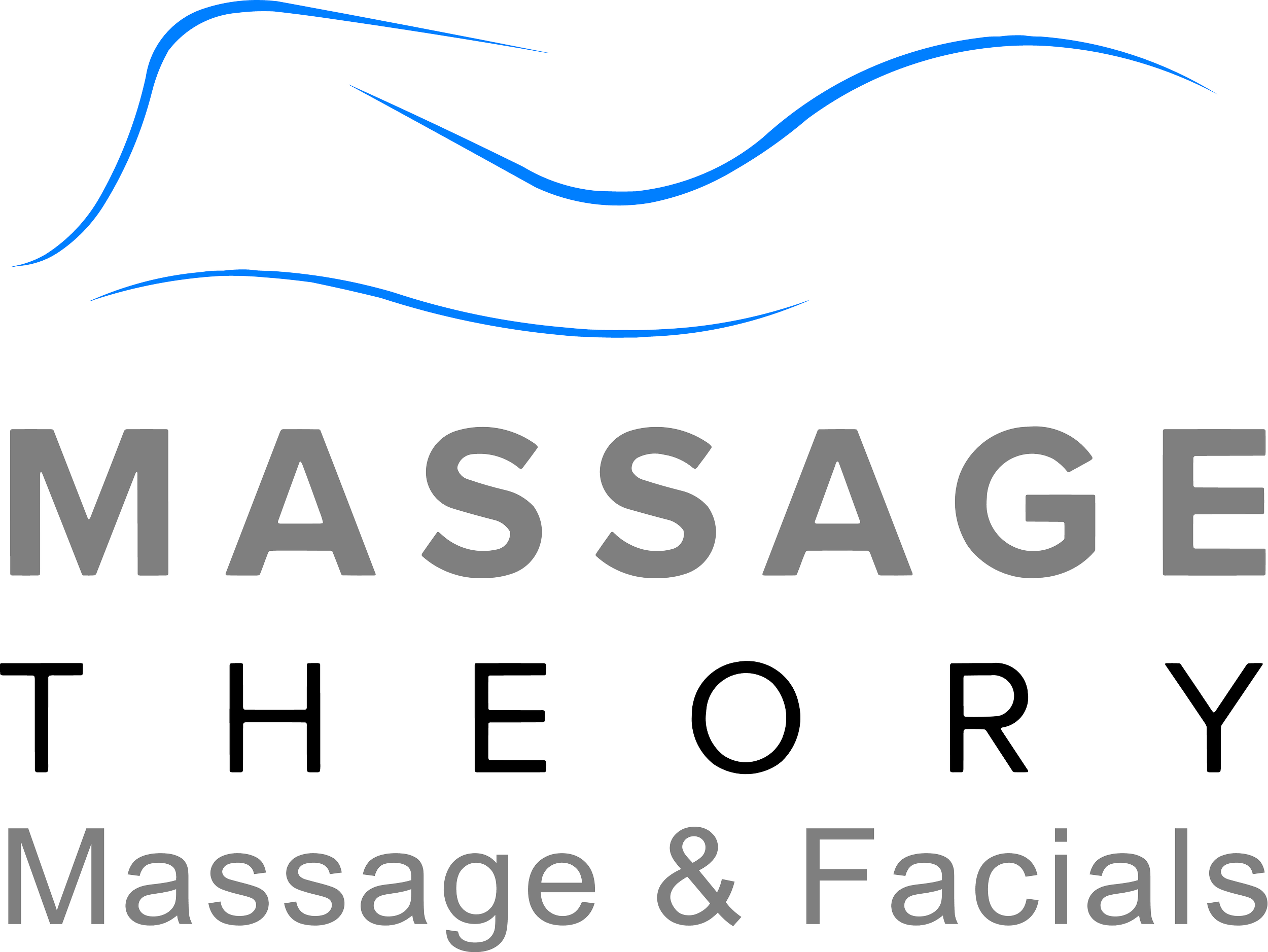How Regular Massage Therapy Can Improve Your Sleep: Benefits and Techniques
If you’re struggling with getting a good night’s sleep, incorporating regular massage therapy into your routine can make a significant difference. Massage therapy can improve your sleep quality by reducing physical and mental tension, allowing you to relax more deeply. Whether you're dealing with insomnia, anxiety, or chronic pain, a consistent schedule of massages can help alleviate these issues, paving the way for better restorative sleep.
Massages work by promoting relaxation and lowering the level of stress hormones in your body, which can help you fall asleep faster and sleep more soundly. This practice isn't just beneficial for adults; research shows that massage can improve sleep across different age groups, including infants, children, and the elderly, as well as those with specific health conditions such as fibromyalgia and psychiatric disorders.
To reap the full benefits, consider integrating massage therapy as a regular part of your wellness plan. You'll likely find it easier to unwind and prepare your mind and body for quality sleep. Explore how this therapeutic technique can support you in achieving the restful nights you've been longing for.
The Science Behind Massage Therapy and Sleep
Regular massage therapy can play a significant role in improving your sleep quality by influencing your sleep cycle, balancing hormones, and alleviating pain and discomfort. Each of these factors contributes collectively to healthier, more restful sleep.
Understanding the Sleep Cycle
Your sleep cycle consists of different stages, including light sleep, deep sleep, and REM sleep. These stages are crucial for restorative rest, memory consolidation, and overall health. Massage therapy has been shown to promote the transition from light sleep to deeper sleep stages. This improvement happens due to increased relaxation and reduced muscle tension, allowing your body to follow a more natural and uninterrupted sleep pattern.
By easing the transition into deep sleep stages, massage therapy helps you achieve a more balanced and rested state. This can be particularly beneficial for those dealing with sleep disorders or irregular sleep patterns.
Hormonal Balances and Neurotransmitters
Hormonal balance plays a vital role in managing sleep quality. Massage therapy stimulates the production of serotonin, a neurotransmitter that helps regulate mood and sleep. Serotonin is a precursor to melatonin, the hormone responsible for controlling the sleep-wake cycle.
By boosting serotonin levels, massage therapy indirectly increases melatonin production, thus promoting better sleep. Additionally, massage reduces levels of cortisol, a stress hormone that can interfere with sleep patterns. Lower cortisol levels translate to less stress and a calmer mind, leading to improved sleep quality.
Effects on Pain and Discomfort
Pain and discomfort are common barriers to restful sleep. Massage therapy addresses various types of pain, including chronic pain, back pain, and muscle tension. By relieving muscle tension and reducing pain, you can achieve a more comfortable and uninterrupted sleep.
For individuals with chronic conditions such as lower back pain, regular massage sessions can provide significant relief. This pain management aspect makes it easier to fall asleep and stay asleep without being disturbed by discomfort. The alleviation of physical pain contributes to a more peaceful and restful sleep experience, which is essential for overall well-being.
Practical Tips for Incorporating Massage into Your Routine
Regular massage therapy can significantly enhance your sleep quality by addressing stress, anxiety, and physical tension. To make the most of this, it’s essential to choose the right type of massage and consider various lifestyle factors.
Choosing the Right Massage Therapy
Selecting the proper massage therapy can be pivotal for improving sleep. Swedish massage is known for its gentle strokes, making it ideal for relaxation and easing tension. If you're an athlete or engage in rigorous physical activity, a sports massage may be more beneficial in addressing muscle tightness and improving overall body function.
Consulting with an experienced therapist from recognized bodies such as the American Massage Therapy Association can provide customized recommendations. It’s essential to communicate your specific sleep issues and health goals to tailor the sessions effectively.
Lifestyle Factors Affecting Sleep Quality
Beyond massage, several lifestyle elements can impact your sleep patterns. Practicing good sleep hygiene is crucial—maintain a consistent sleep schedule, avoid caffeine and heavy meals before bed, and create a relaxing bedtime routine.
Incorporating activities like yoga or meditation can further enhance stress relief and make it easier to fall asleep. Remember that managing stress and anxiety through holistic practices contributes significantly to quality of sleep. Engaging with healthcare professionals can provide deeper insights and additional support tailored to your needs.
Using these practical tips, you can efficiently integrate massage therapy into your routine, ultimately improving your adequate sleep and overall well-being.
